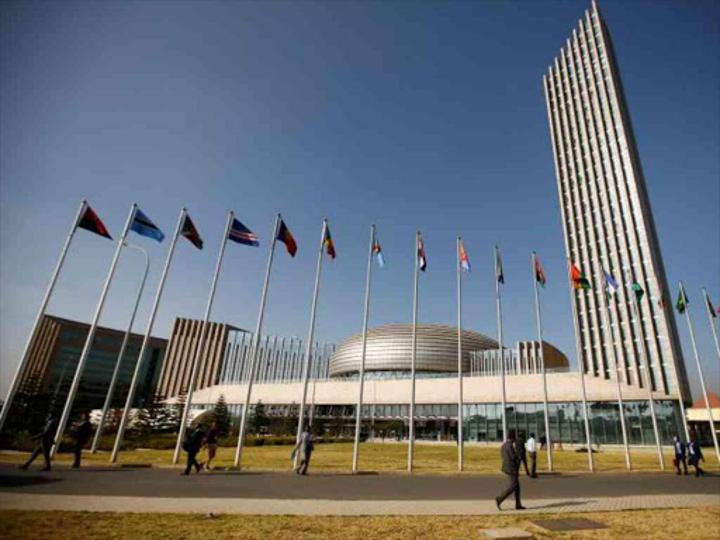Africa-Press – Kenya. African states yet to find a common ground on key elements to be included in continental trade deal.
Issues yet to be agreed on in the trade deal include the rule of origin mainly for textile and clothing, edible oil, and motor vehicle which experts note there are huge policy implications.
Meanwhile, Non-Tariff Barriers also remain a challenge to movement of goods in regional trade blocs, and further across countries in the continent.
The much anticipated African Continental Free Trade Area (AfCFTA) could take longer to fully materialize as member states are yet to agree on parts of the protocols for the deal.
This comes even as Non-Tarrif Barriers (NTBs) remain a major challenge on the movement of goods in regional trade blocs, and further across countries in the continent, a forum on AfCFTA by the East African Business Council (EABC) in Nairobi heard on Thursday.
“There is emergence of new non-tariff barriers from the ports, borders to the final destination. This needs to be eliminated to support better recovery (post-covid),” EABC executive director John Bosco Kalisa said.
There are also delays in tariff liberalisation and agreeing on trade in services, experts said.
Countries are also yet to agree on modules to address competition, Intellectual Property Rights, and eCommerce guidelines.
However, the framework agreement on the establishment of AfCFTA, protocol on the trade of goods and services, protocol on rules and procedures on the settlement of disputes have been agreed on and adopted.
Elements such as customs procedures, trade facilitation, and transit trade have also been agreed upon.
As of July, at least 40 countries of the members of the African Union targeted for the agreement had ratified the deal, including Kenya.
Speaking during the forum, Kenya Association of Manufacturers head of policy, research, and advocacy Job Wanjohi said there is need for speedy ratification of the agreement by members, to pave way for its full implementation.
This, even as he called for competitiveness in the continent.
Meanwhile, Kenya Private Sector Alliance deputy CEO Victor Ogalo has cautioned that failure by African states to increase manufacturing and production capacity will see imports continue to dominate the markets, despite heavy investments in ports, roads and rail infrastructure.
“We need to spruce up our production capacity otherwise we will be allowing more imports as opposed to increasing intra-Africa trade,” Ogalo said.
Intra-Africa trade is currently at a low of 15 per cent compared to common markets such as the EU which is at 67 per cent.
On Thursday, the firms launched the MANSA platform, a repository that provides a single source of primary data required for the conduct of customer due diligence on African entities.
These include financial institutions, corporates and SMEs.
The platform also provides complimentary collection of information on investment in Africa, country profile, and trade products and services of African countries, enabling insights into Africa and deepening positive perceptions of the continent, thereby altering the risk perceptions of Africa and significantly addressing de-risking of the continent.
The African Export-Import Bank is also keen to provide a payment platform that will allow traders to use their local currency to pay for goods and services, without necessarily going for a common mode of payment such the US Dollar.
Kenya Bankers Association CEO Habil Olaka said the Kenyan lenders are ready to support the Pan-African agenda on trade through financing, noting Kenyan banks have expanded into the region with linkages in key markets on the continent.
For More News And Analysis About Kenya Follow Africa-Press






